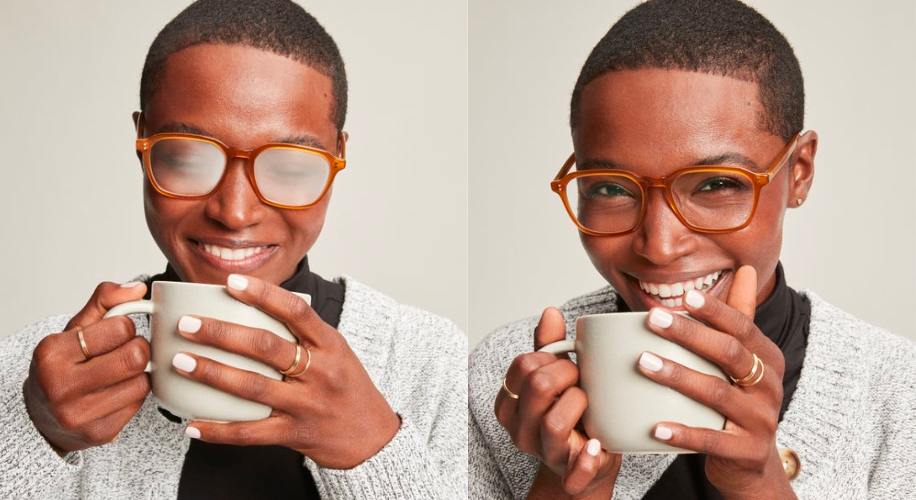Why Antifog is a Game-Changer in Eyewear

Whether you’re an athlete, a spectacle wearer, or simply someone who loves spending time outdoors, foggy eyewear can greatly impact your vision and overall experience. An increasingly popular solution to this issue is the use of antifog coatings on eyewear. This feature is designed to combat the common problem of glasses fogging up in certain weather conditions or during specific activities. It’s a game-changer in eyewear, and here’s why.
The Importance of Clear Vision
The ability to see clearly is critical in almost every aspect of our daily lives. From driving to reading, working on a computer, or playing sports, our vision plays a crucial role. Glasses are an excellent aid for those with vision issues, but when they fog up, they can be more of a hindrance than a help. Foggy glasses can obstruct your vision, making it difficult to perform even the simplest tasks. In fact, foggy glasses can also pose a safety risk in certain situations, such as driving or operating machinery.
There are a few key situations where foggy glasses can become a significant problem:
- During physical activity: When you’re exercising or playing sports, your body temperature rises, and this can cause your glasses to fog up. This can be extremely frustrating and can even affect your performance.
- In cold weather: When you transition from a warm indoor environment to the cold outside, your glasses can fog up due to the change in temperature.
- While wearing a mask: Since the start of the COVID-19 pandemic, mask usage has become a part of our daily lives. However, for glasses wearers, this has often resulted in foggy lenses.
How Antifog Works
Antifog coatings work by minimizing surface tension, preventing the condensation of water in the form of small droplets on a surface. Instead, the moisture spreads evenly across the lens, creating a thin, invisible layer that allows light to pass through unobstructed. This helps maintain clear vision in challenging conditions.
The process of adding an antifog coating is simple. The lenses are carefully cleaned and prepared, then the antifog solution is applied and allowed to dry, forming a thin, invisible layer on the lens surface. This layer prevents fog from forming, ensuring you have clear vision in various circumstances.
Antifog Eyewear Options
Zenni stands out in the eyewear industry by offering the convenience of anti-fog coating on almost all of its glasses. When customizing your lenses, simply select the anti-reflective coating option and you’ll also benefit from the added advantage of the anti-fog coating. This dual functionality ensures that not only will your lenses provide clear vision by reducing glare, but they will also remain fog-free in challenging conditions. With Zenni, you can enjoy both improved visual clarity and enhanced cosmetic appeal, making your eyewear experience truly exceptional.
The inclusion of anti-fog coatings in eyewear is truly a game-changer. Whether you’re engaged in physical activities, facing changes in temperature, or wearing a mask, foggy glasses can hinder your vision and overall experience. Zenni’s commitment to offering anti-fog coating on virtually all their glasses ensures that you can enjoy clear un-foggy vision and reduced glare. By choosing Zenni, you not only prioritize visual clarity but also enhance your overall cosmetic appeal. Don’t let foggy glasses hold you back – experience the convenience and innovation of Zenni’s anti-fog coatings and elevate your eyewear experience to a whole new level.
About the Author: Dr. Sophia Moh, OD, ABOC
Dr. Sophia Moh, OD is an optometrist located in Bay Area, California. She completed her undergraduate studies at UC San Diego and earned her doctorate at UC Berkeley School of Optometry. She has experience in a variety of eye care settings including primary care optometry, general ophthalmology, community health clinic, and Veterans Affairs. Her mission is to help the world see better by developing high-quality, affordable eyewear for everyone. She is also a certified American Board Optician (ABO) and provides training and lectures on optical education topics.



 United States
United States